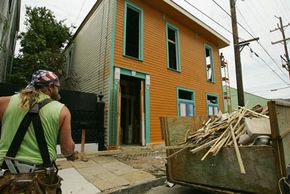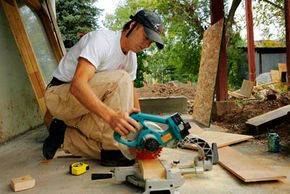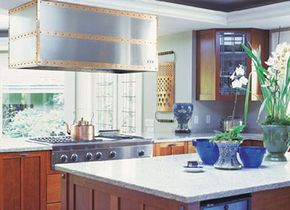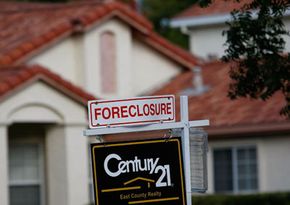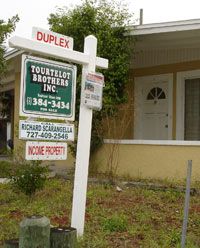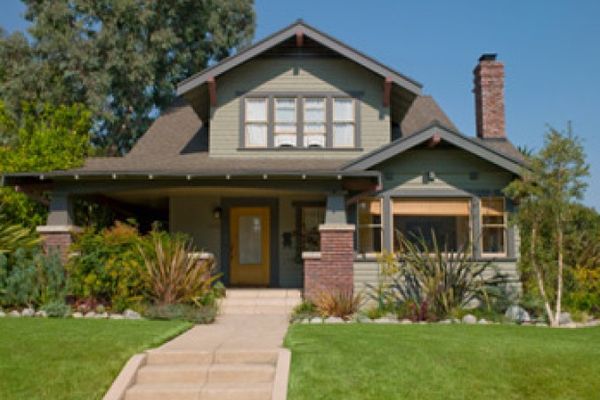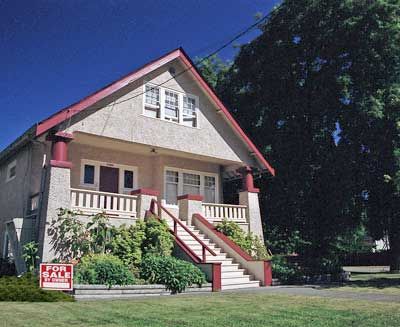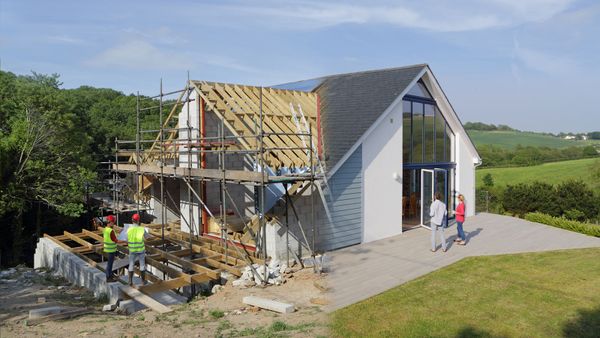House flipping is, essentially, buying a house or property with the intent to sell it for a profit. But the logistics can get pretty complicated. There are a lot of decisions to make from the beginning. Where should you buy? If you purchase a house in an up-and-coming neighborhood, you're banking on the neighborhood increasing in value. If you decide to buy in a new development, you'll want to attract higher-end home buyers who want the luxury features and space offered in the suburbs. If all goes well, you could make a nice profit. But if something goes wrong -- faulty budgeting, timing issues, a crime spike in that up-and-coming neighborhood -- you could be stuck with a house you can't get rid of. Many are curious how much it costs to build a house versus repair and both can be done smart or cost you in the long run.
So much in house-flipping depends on the real-estate market, which we all know is cyclical. During a boom, flippers have the upper hand and can almost name their price in some areas. But during a slow period, many of these fixed-up homes can sit on the market for months.
Advertisement
Once you know where you want to buy, the next step is deciding what type of property you want to purchase. If you go for a fixer-upper, you're committing to improving the home, which takes time and money. If you buy a foreclosed property in an auction or from a bank, you could get a bargain on a vastly underpriced house. But remember that if the previous owners couldn't pay the mortgage, they probably couldn't pay for the upkeep, either -- so you might have to deal with a rodent infestation or a leaky roof.
Fixer-uppers and foreclosures are what most people think of when flipping comes to mind. But it is possible to flip a house without doing any work on it at all. During the real-estate boom of the early to mid-2000s, flippers could buy new construction homes, hold on to them for a few months, then sell them at a profit. Now there's a trend toward trying to flip houses in new, high-end developments in outlying suburbs. If commercial and retail development (read: big-box superstores) spring up, it could bring in droves of residents. But if the situation isn't perfect -- if gas prices rise, for example, causing home buyers to shy away from big commutes -- this kind of flipping becomes pretty risky.
So why do people flip houses? And what does the average buyer -- and seller -- need to know about flipping before investing? How much money can be made by flipping a house? And what kind of moral line do you walk by paying bottom dollar to people who have lost their homes? We'll address all of these issues as we investigate the art of house flipping.
Advertisement
